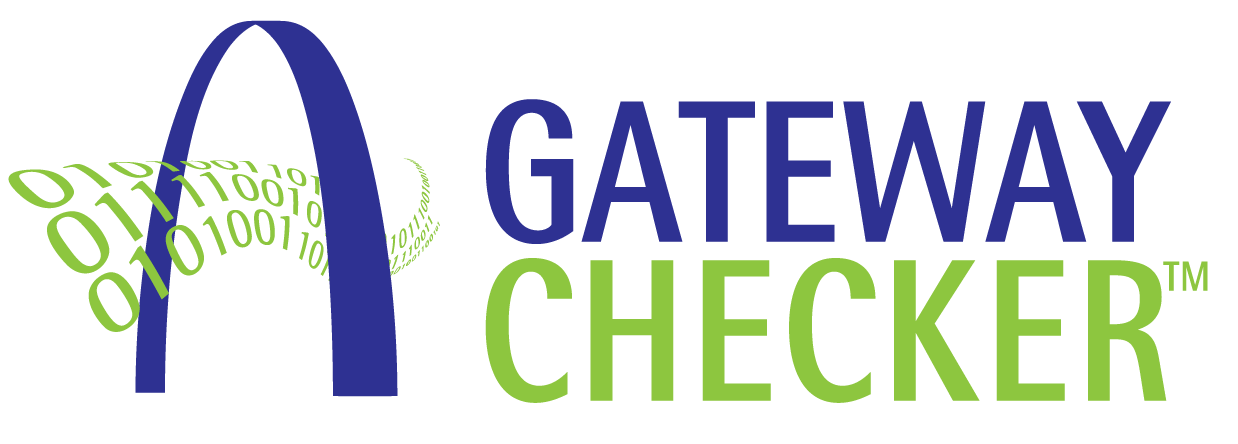
Tariffs and the Pharma Supply Chain
The impact of the Trump Administration’s tariffs extends across numerous industries. While the reality of tariffs is yet to hit Finished Pharmaceutical Products (FPPs), the threat has become more and more real. Tariffs on FPPs have largely been avoided over the past decades as a result of the 1994 Pharmaceutical Agreement between the United States, the European Union, China, and a few other participants; the agreement was established to eliminate trade barriers on a large number of pharmaceutical substances.
A few weeks ago, however, the Trump administration proceeded with probes into pharmaceutical imports, setting the stage for potential tariff implementation. The administration has argued these tariffs will incentivize companies to bring production back into the U.S., helping make the supply chain more robust and decreasing the potential for disruptions. A few major pharmaceutical companies have already indicated plans to invest in the U.S. in response to this threat, including Roche, Novartis, AstraZeneca, and Eli Lilly.
Higher Costs, Higher Prices
However, many pharmaceutical leaders have spoken out against tariffs, arguing that tariffs could lead to supply chain disruptions and higher prices. According to Giovanni Barbella, the global head of strategy at Sandoz, because the margins of generic pharmaceuticals are so small, higher production costs stemming from these tariffs would directly increase the prices paid by consumers.
Barbella added that if tariffs further reduce these already tight margins, some players within the pharmaceutical supply chain may elect to leave the U.S. market altogether, instead focusing on more profitable markets. This will threaten the supply of U.S. pharmaceuticals, and in turn, lead to higher prices for drugs that remain in the U.S. as competition subsides.
Ernst & Young analyzed the potential increase in drug costs in the U.S. if tariffs are implemented, and the results are quite significant: a 25% tariff would increase drug costs by almost $51 billion annually. If companies choose to pass these tariffs onto consumers, Americans would be expected to pay 12.9% more (on average) for their prescription medications.
Remain Focused on Compliance
With the DSCSA Deadline just around the corner (May 27th, 2025, for manufacturers), the threat of tariffs and the additional costs associated with them are another added burden. Don’t let the threat of tariffs take away from compliance efforts – the penalties for noncompliance are substantial.
Gateway Checker’s suite of traceability and conformance testing services provides trading partners the confidence that their exchanges meet strict DSCSA requirements, all at a fraction of the cost. With the threat of tariffs and compliance demands on the rise, see how Gateway Checker makes compliance both simple and affordable.
To learn more, contact us or visit our website:
Coming Up Next
Trump’s recent executive order, which gave drugmakers a 30-day deadline for lowering the price of prescription drugs, will likely have a big impact on all stakeholders within the supply chain.
In the coming days, as the dust settles, I will provide some insights on how this legislation may play out alongside potential FPP tariffs.
With tariffs expected to raise prices, and the executive order seeking to lower them, what will the outcome be?





